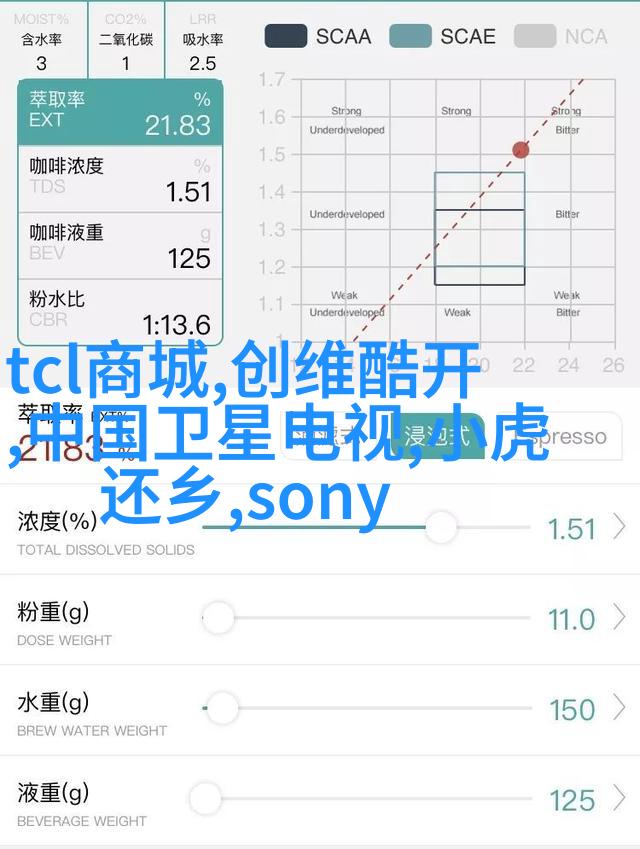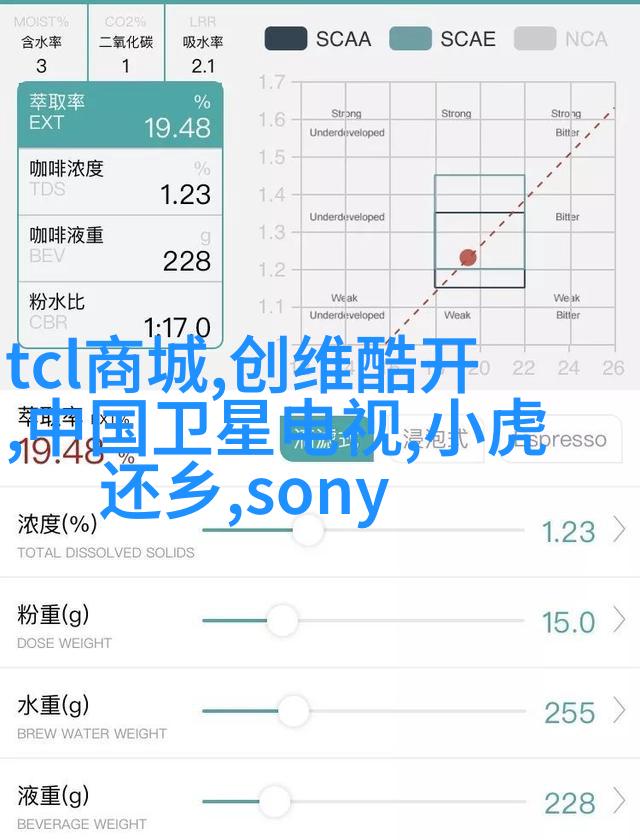工业废气治理技术与政策高效环保解决方案
工业废气治理技术与政策

什么是工业废气?
在现代工业社会中,各种工厂和生产设施的运转无疑为我们的生活带来了巨大的便利,但同时也伴随着环境污染的问题。工业废气是指由各种工业活动产生的有害物质,它们包括但不限于硫化氢、氮氧化物、颗粒物、挥发性有机化合物(VOCs)等。这些建筑材料和产品的生产过程中会释放出大量的化学品和粉尘,对空气质量造成严重影响。

为什么需要治理?
这些有害物质对人体健康以及生态环境都构成了重大威胁。长期暴露于高浓度的工业废气中,不仅可能引起呼吸系统疾病,还可能导致心脏病、中毒症甚至癌症。此外,Industrial waste gases also contribute to the formation of acid rain, which can damage forests and aquatic ecosystems. Therefore, effective management of industrial waste gases is crucial for both public health and environmental protection.

如何治理?
To address this issue, various technologies have been developed to control and eliminate industrial waste gases. These include electrostatic precipitators (ESPs), fabric filters, wet scrubbers, selective catalytic reduction (SCR) systems, and flue gas desulfurization (FGD). These technologies can remove pollutants from the exhaust streams of factories before they are released into the atmosphere.

政府政策支持
Government policies play a significant role in promoting industrial waste gas governance. Many countries have established strict regulations on emissions limits for different industries. For instance, China's "Air Pollution Prevention and Control Law" sets standards for pollutant emissions from various sources including power plants, steel mills and cement factories. In addition to these laws, many governments offer financial incentives such as tax breaks or subsidies to encourage companies to adopt cleaner production methods.

挑战与未来趋势
Despite progress made in controlling industrial waste gas pollution, there are still challenges ahead. Developing countries with rapidly growing economies face particular difficulties due to their limited resources and infrastructure capacity. Moreover technological innovation continues to be essential as new industries emerge that require specific solutions not yet addressed by existing technology.
公众参与与教育
Lastly it is important that citizens remain informed about the impact of industrial activities on air quality so they can make choices that support clean energy production methods such as solar panels or wind turbines rather than dirty coal-fired power plants. Public awareness campaigns along with education programs at schools should emphasize the importance of protecting our environment through responsible practices like recycling materials whenever possible reducing unnecessary consumption driving electric vehicles etcetera
In conclusion Industrial Waste Gas Governance requires a multi-faceted approach involving cutting-edge technology government policy public awareness education & active citizen participation To achieve a healthier planet we must all work together embracing sustainable practices now & in years to come



